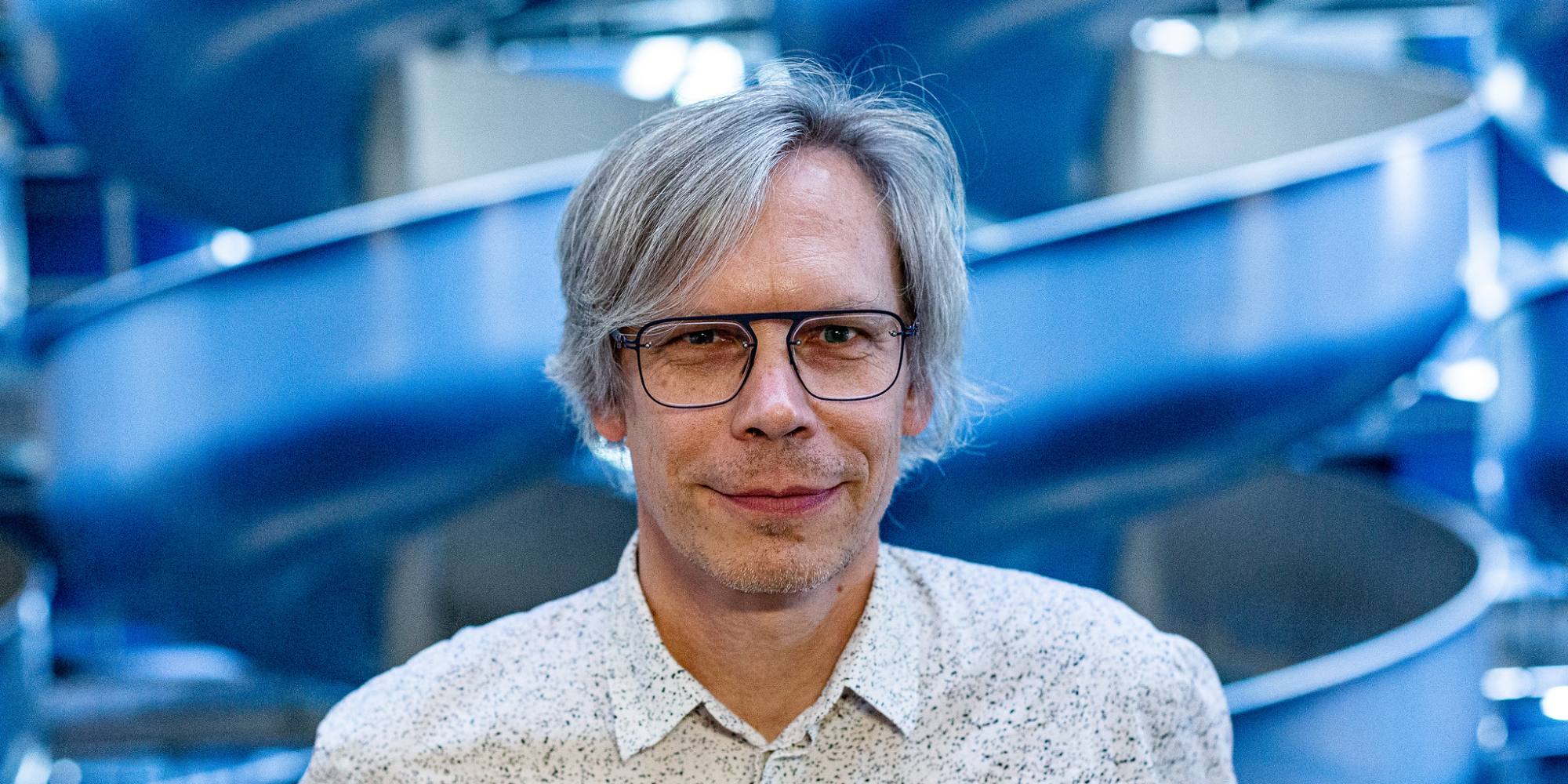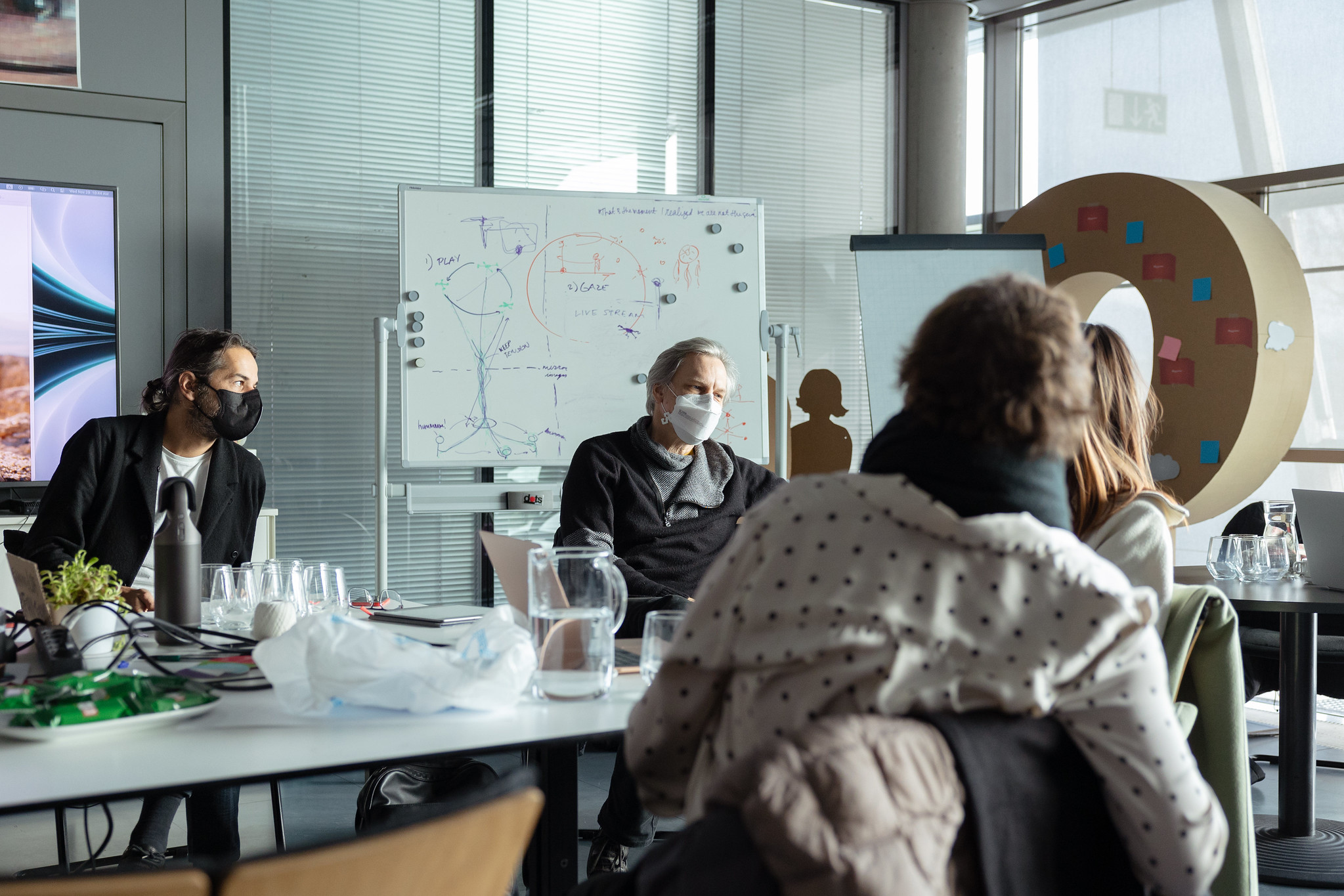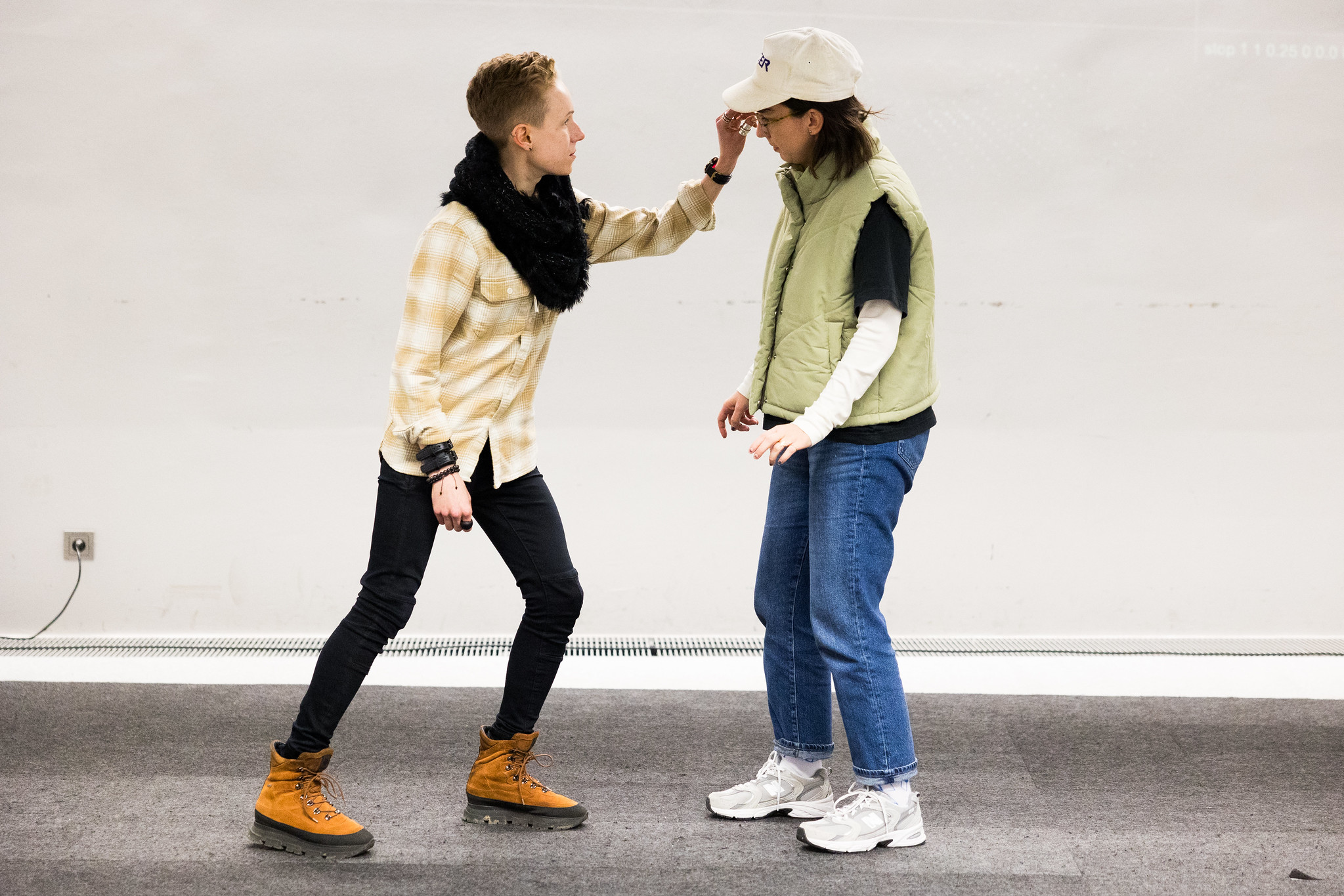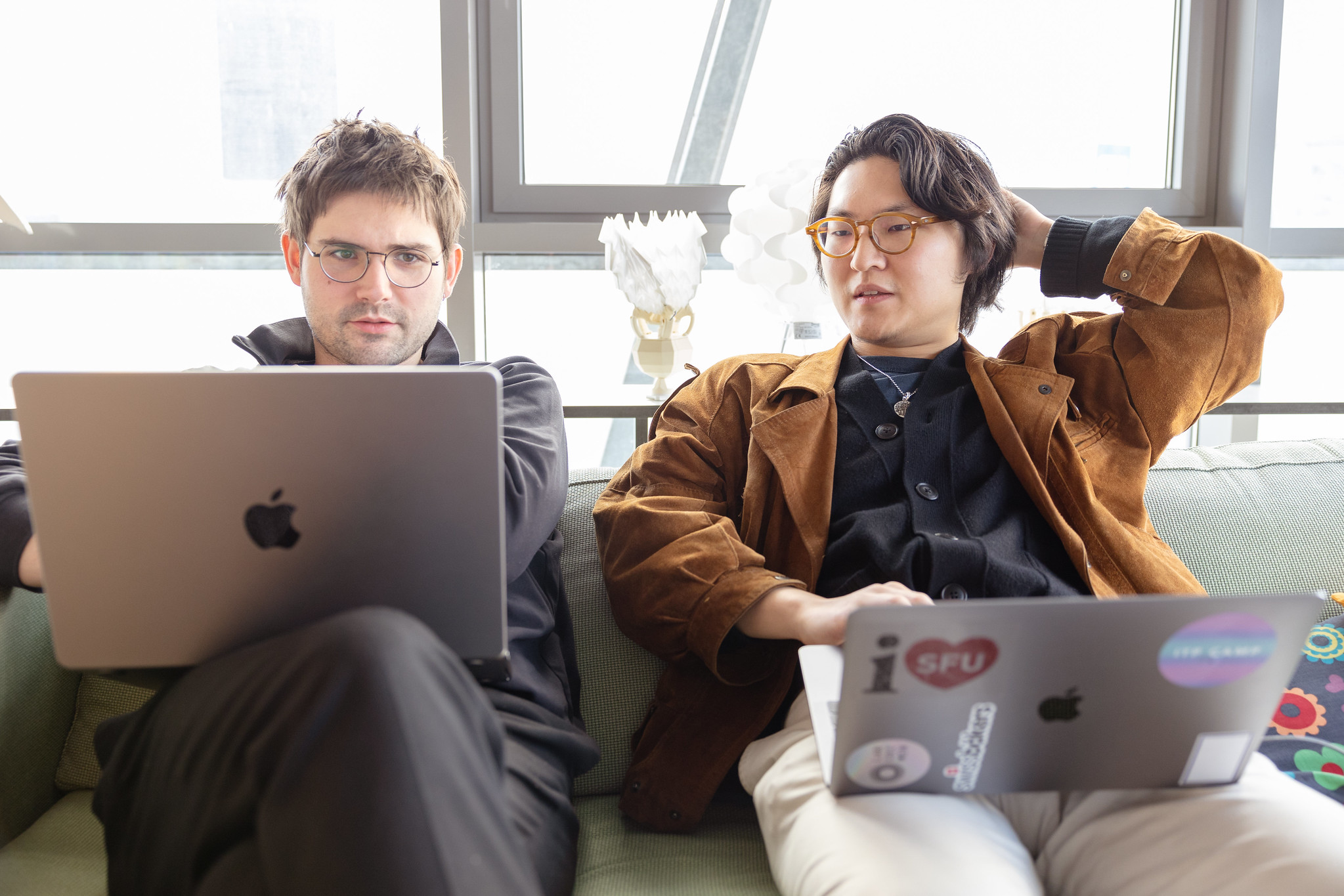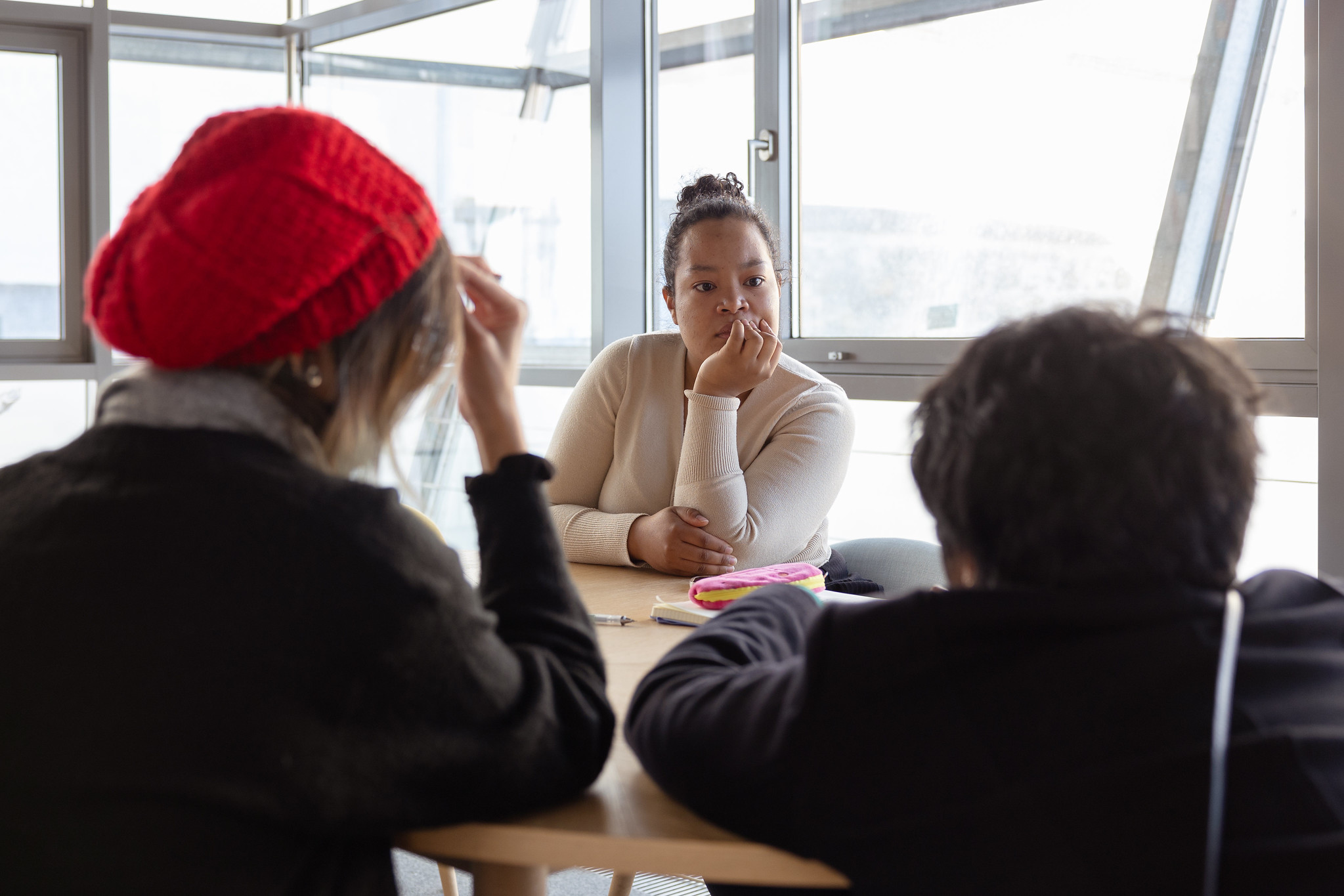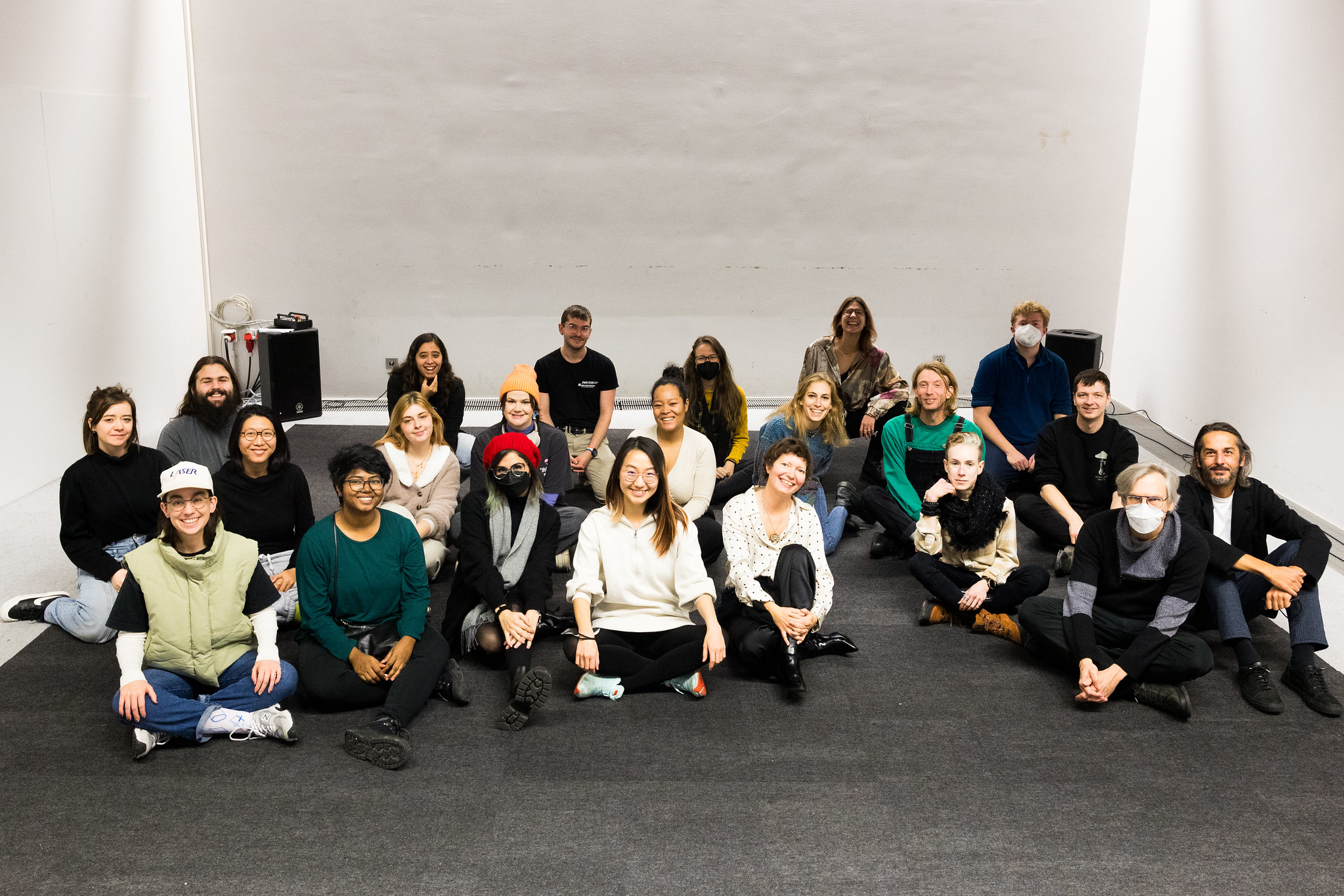In our interview with Prof. Dietmar Offenhuber, we find out how important interdisciplinary approaches are in research and what role data plays in a digitalised world.
Dietmar Offenhuber has established himself as a major player in the world of urban research and data visualisation. His passion for urban landscapes has led him on a remarkable journey that began at the Ars Electronica Futurelab in Linz and took him to Northeastern University in Boston. In this article, we take a look at the results of his interdisciplinary research, his experiences as a Founding Lab Fall Terms Fellow, the contrasting educational landscapes of America and Europe, and his perspectives on data visualisation as presented in his latest work, “Autographic Design: The Matter of Data in a Self-Inscribing World”.
Digital architectural journey
At the beginning of his career, at a time when virtual reality and digital techniques were emerging in architecture, there was a palpable uncertainty about the future role of architects. “This phase was characterised by a strong experimental engagement in architecture, with a particular focus on virtual reality and digital methods, which were intensely debated and researched.” Dietmar Offenhuber’s professional career began in autumn 1995 with the creation of the lift animation for the Ars Electronica Center. In 1997 he moved to the Ars Electronica Futurelab in Linz, which at that time was still part of the Ars Electronica Centre for Exhibition Design. It was here that Offenhuber’s work was characterised by innovation and a break with traditional disciplinary boundaries. The Futurelab team pursued an exploratory and interdisciplinary approach that would characterise Offenhuber’s later research. During his master’s thesis at the Vienna University of Technology, he immersed himself in urban planning analysis using the latest technologies. This paved the way for his move to the MIT Media Lab and his PhD in urban planning. Since 2018, Dietmar is Associate Professor at Northeastern University in Boston.
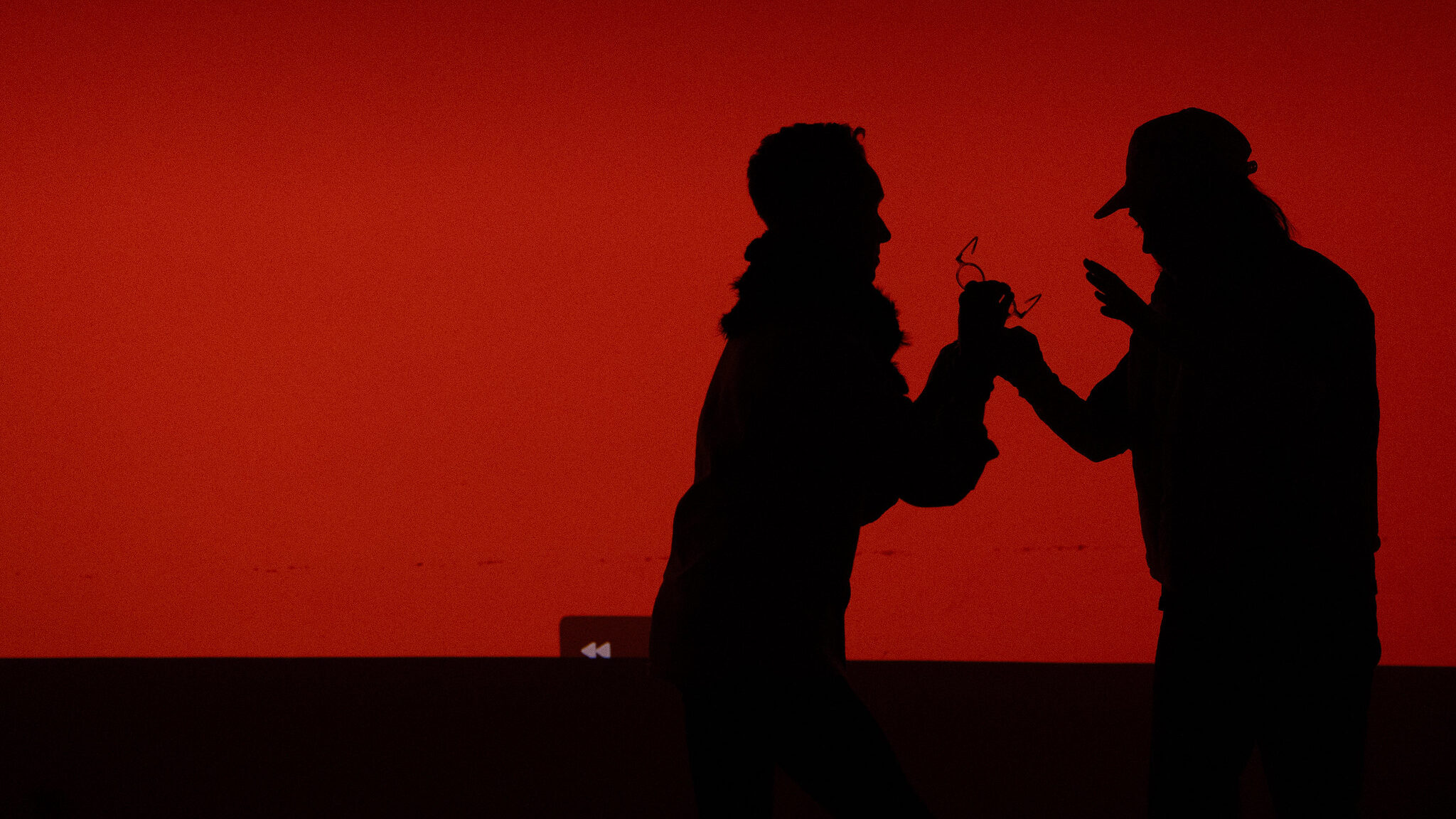
New ways in academic education
Offenhuber, who has worked in a variety of interdisciplinary environments, only realised the full significance and scope of interdisciplinary work when he turned his attention to urban planning. “In this field, which forms an interface between different disciplines, co-operation between specialists in economics, sociology, anthropology and design is essential.” Each of these fields brings its own methods and perspectives, which together paint a more comprehensive picture of the urban landscape. This experience has had a profound influence on him. He emphasises the importance of looking at and analysing issues from different perspectives. He is not only interested in combining different views, but also in gaining a deeper and more complete understanding through this diversity. Offenhuber sees interdisciplinarity not as the exception, but as the norm – an approach that has significantly characterised his work in urban research and teaching.
When asked how American universities such as Northeastern University promote an interdisciplinary approach in research and teaching, Offenhuber emphasises that a direct imitation of the American university system is not necessarily expedient, given its specific weaknesses and problems. However, he emphasises the need to pursue innovative approaches in pedagogical and empirical models. This is reflected in his view that shaping learning and research in the 21st century requires an open and critical engagement with existing academic traditions.
But how can the concepts and practices of interdisciplinarity developed in American universities be applied or adapted to innovative models such as IT:U? He sees the potential for fundamental change in the reorganisation of a university, suggesting that conventional structures such as semester schedules and grading systems should be critically rethought and adapted to the needs of modern education. He emphasises that founding a new university is particularly attractive because there are always exciting topics to research, provided the right experts and resources are available. Offenhuber stresses that the biggest challenge is to redesign academic collaboration, especially given the challenges of existing structures. He draws parallels with the historical example of Black Mountain College, which took a radically different approach to university education. He sees this as proof that it is possible to fundamentally rethink and restructure educational institutions.
Innovative teaching approaches
Together with Jiabao Li, Assistant Professor at the University of Texas at Austin and Founding Director of the Ecocentric Future Lab, and Barbara Lippe, co-founder of Holodeck VR and doctoral candidate in Game Studies, Dietmar Offenhuber led the fourth chapter of the FOUNDING LAB Fall Term. Under the topic “Interfaces & Visualisations”, the fellows addressed the interfaces between social dynamics and the representation of data in physical and virtual worlds.
Looking back on his time as a Founding Lab Fall Term Fellow, the conversations with students and colleagues from different disciplines are the highlight of his experience. “I am firmly convinced that such interdisciplinary dialogues should be at the heart of university education.” He sees it as one of the primary tasks of universities to promote and facilitate this type of exchange. Originally, the course Dietmar was involved in focused on topics such as interfaces, mixed reality and visualisation. However, the team led by Barbara Lippe, Jiabao Li and Dietmar Offenhuber decided to expand these boundaries. Instead of limiting the course to technical tutorials, they opened it up to a broader and deeper exploration of the multi-layered dimensions of mixed reality.
“Despite the novelty of this approach, the students were very committed. However, their course went beyond the mere exchange of ideas and also included creative work. For example, they initiated an acting exercise in which students were encouraged to empathise with animals and explore non-human realities.” These innovative methods show how a creative approach and interdisciplinary co-operation can open up new perspectives in the academic world.
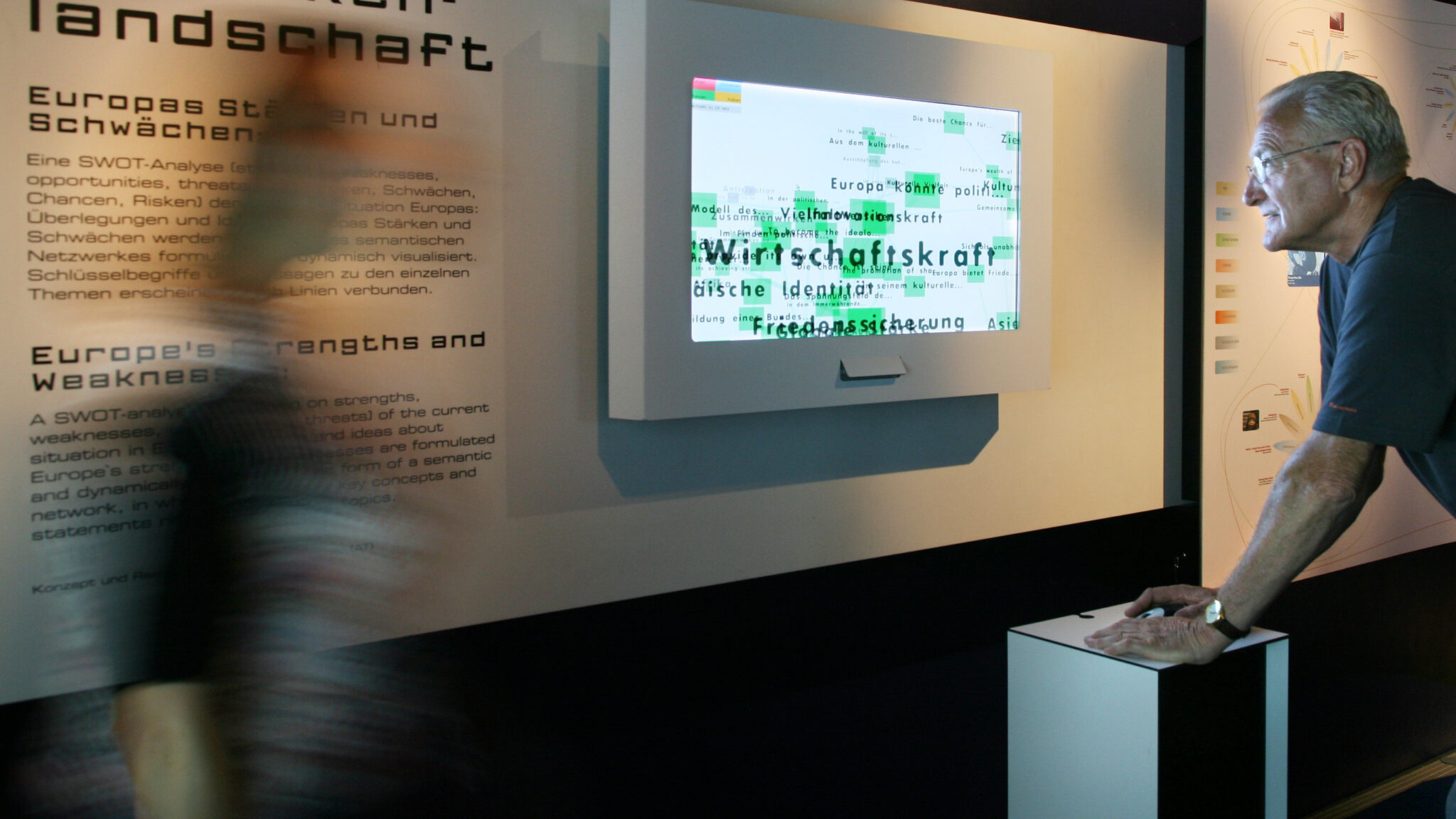
Autographic Design: A new approach in the world of data
Dietmar Offenhuber’s decades-long enthusiasm for visualisation and data analysis has culminated in his latest book, “Autographic Design: The Matter of Data in a Self-Inscribing World”, published on 19 December 2023. At a time when misinformation is increasingly difficult to detect, Autographic Design makes a compelling and persuasive case for a different approach that draws attention to the production of data and its connection to the material world. Over the past decade, Offenhuber has explored the concept of data materialism in lively dialogue with leading experts. This approach opens up innovative possibilities for an interactive, tactile exploration of data. During his time in the USA, he observed a growing interest in material practices in research and teaching. In particular, he noticed an increasing focus on material evidence in areas such as citizen science and environmental activism, with physical representations and methods complementing or replacing traditional visualisation techniques.
Dietmar Offenhuber takes an innovative approach to data visualisation that goes beyond conventional digital representations. He sees data not just as abstract numbers, but as something material that emerges from real objects and activities. His theory focuses on the physical aspects of data collection and visualisation and the methods that help to make visible and discussable the physical traces and signs in the real world.
Offenhuber’s work “Autographic Design: The Matter of Data in a Self-Inscribing World’ represents not only the culmination of his research into data materialism, but also a turning point in the way we understand and represent data. Bringing together art, science and environmental activism, the book offers a unique perspective on the role of data in our increasingly digital world. It challenges readers to rethink the traditional view of data and to reassess the importance of material evidence in different scientific and social contexts.

Flexibility in research
His advice for aspiring researchers is to remain open to unexpected opportunities. He notes that many students tend to focus on a specific topic and build their career around it. While this can have its advantages, he believes it is often more important to focus on developing methods rather than focussing exclusively on specific topics. Topics are interchangeable, but developing your own working method that can be applied in different contexts has a higher long-term value. “It is about finding a suitable method and continuously refining and expanding it.”
Offenhuber also stresses the importance of peer mentoring. Learning from and with other students often allows for chaotic but effective approaches to acquiring knowledge in real projects. He criticises the traditional Bauhaus curriculum that is still widespread in many design schools. This curriculum focuses on learning different crafts in order to gain expertise before moving on to real projects. Offenhuber believes that this approach is outdated and that it is now more important to realise relevant projects than to strive for expertise in specific skills.
For Offenhuber, it is essential to focus on real projects in the training programme. He favours a practice-based approach in which students work on their own projects and acquire the necessary skills in the process. This approach makes it possible to apply theoretical knowledge in practice and develop relevant skills at the same time.
You can find out more about Dietmar Offenhuber here. If you want to know more about the Founding Lab and the individual chapters, visit the Founding Lab website, follow the programme on the Ars Electronica blog or follow the students on the Ars Electronica social media channels.
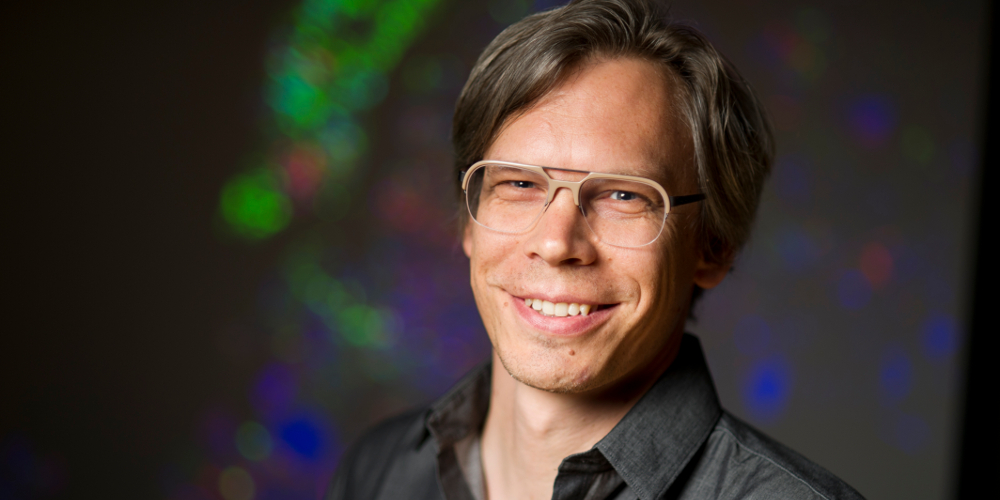
Dietmar Offenhuber
Dietmar Offenhuber is Assistant Professor of Art + Design and Public Policy at Northeastern University in Boston. He holds a PhD in Urban Planning from the Massachusetts Institute of Technology and studied at MIT Medialab and TU Vienna. Dietmar is interested in formal and informal infrastructure and has published several books in the field of cities and technology.
